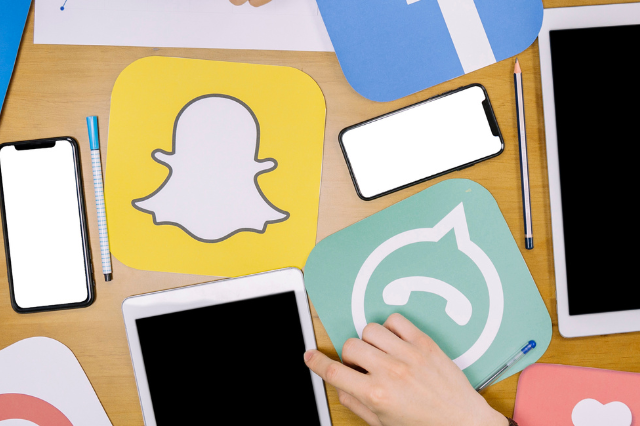Project 99: Social Media Challenges
This blog is one of a series which showcase the findings from our Project 99 work. As part of this project, we gathered a range of insights from the young people regarding their views and experiences of mental health, social media, and online behaviour patterns. This blog looks specifically at young people’s perceptions of the challenges that surround social media.
Privacy
“I hate it when people share every detail of their lives on Facebook. Some people just don’t seem to know what is too much information: I don’t care what they ate for breakfast or how much they love their boyfriend for like the fiftieth time.”
The theme of online privacy caused mixed reactions. Some young people thought it is important to ensure that their social media activity can only be seen by those within their network, while others said this is irrelevant to them. Each group expressing the opposed opinion have their own self constructed boundaries and choosing what they post and to whom.
Discussing more personal information is done through private messaging services or text messages. But annoyance is also expressed at those who don’t seem to have boundaries about their posts; it is seen as inappropriate and ‘attention seeking’ behaviour when sharing absolutely everything in a public digital space.
Barriers to social media use
Private internet access
Not all young people we spoke to have smartphones. Among those who did, the extent of internet access is restricted due to the cost of roaming time – meaning they have a low download limit. In such cases, access to Facebook and Twitter apps only is most common.
Due to slow buffering, it is not always possible for young people with smart phones to watch videos online and many websites are not in a phone friendly format. There is a considerable number of young people – particularly amongst those still in high school – without their own laptop or tablet computers.
School internet access
Within schools, many forms of social media, including YouTube and Facebook, are blocked. Other online content is subject to strict controls. Young people with 3G coverage on their smart phones are able to get round this. We even heard stories of teachers specifically asking young people to ‘google’ information or watch videos on YouTube for educational purposes during lessons.
Other barriers
Learning difficulties can also create barriers to use, especially for text heavy content. However, this is not seen as a barrier which prevents enjoyment of Facebook and YouTube, in particular amongst the young people with learning difficulties that took part in our engagement sessions.
Cyber Bullying and Trolling
Young people find this a great topic of discussion and view it negatively, as something that needs to be prevented. None of the participants in our sessions described themselves as a internet ‘troll’. One young person said:
“It’s the people doing the trolling that probably need the most help. Trolls troll because they have their own issues, but they are the ones that are the least likely to ask for help or think that they need it.”
There seemed to be a very fine line between what is classed as jokes and ‘banter’ shared online between young men of high school age particularly and bullying behaviour.

Share this blog
